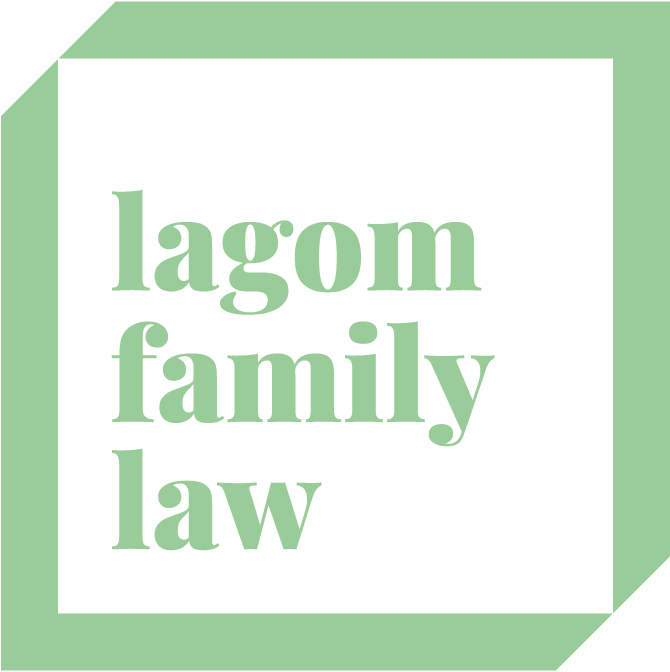How do I get divorced without Court?
This is a popular question.
Australian Family Courts are overflowing with matters and it has been widely debated that the underfunded system is unable to keep up with the demands that separating and divorcing partners are throwing at it.
Speak to any of your friends or family that have gone through the Family Courts and the feedback can be that it is a painfully slow and potentially an expensive process, especially if handled by an inexperienced lawyer or one who does not specialise in family law.
One initiative that has been in place to try and alleviate the pressure on the family courts and speed up the process of resolving family law matters is Mediation and Dispute Resolution.
How does Mediation and Dispute Resolution work?
Instead of the formal Court process with a presiding Judge, Family Mediation and Dispute Resolution employs a neutral third party or FDR (Family Dispute Resolution) Practitioner who is trained in mediation and negotiation and who is mutually selected by both parties.
Since 1 July 2015 FDR Practitioners have been subject to the Regulator Performance Framework which binds them by 6 outcome based goals.
Their role is to help both parties find common ground and understanding themselves and then put in place a process to help them stick to the agreed arrangements. They will often come from a social science or legal background whereby they look at what is in the best interests of both parties and most importantly any children stuck in the middle.
What FDR Practitioners won’t do is give legal advice. It is always recommended that when working with an FDR Practitioner, you do so in combination with your Family Lawyer who is bound by the Courts and legal system to ensure that you understand the ramifications of any agreements.
For example, you might not understand how your parenting arrangement impacts your child support or property settlement. For example, a small change in the number of nights a child spends with you can dramatically shift the achild support payments you may receive or need to pay. An FDR Practitioner or mediator is unable to advise you on this but your family lawyer will ensure you understand how the agreement you reach with your partner may or may not affect you.
When is Family Mediation and Dispute Resolution good and what are the benefits?
Technically any matters involving parenting or arrangements for children are required by law to attempt to find resolution before applying through the Courts (except in matters deemed urgent like flight risks or where there has been violence or abuse). If your attempt to mediate is unsuccessful, the FDR Practitioner will issue a Section 60I Certificate which you require to have the Court decide your matter.
The benefits of Family Mediation and Dispute Resolution can include:
Saving time and money. Court preparation is an arduous and time consuming process.
Although not legally binding, agreements made can set the groundwork for successful cooperation and communication post separation because the decisions have been reached mutually, not forced upon one another which can cause bitterness and resentment.
The agreement reached can be later documented into a legally binding document.
Future disputes or changes in circumstances can be dealt with quicker under the framework to offer less disruption to all parties.
Less stress than going to Court and not in the public domain.
What are the steps once Family Mediation and Dispute Resolution has commenced?
Identify the issues at hand.
Parties listen to each others views without interrupting.
Sharing of relevant information and documents.
Exploring options and ideas for resolution.
Parties agree to testing solutions.
Putting decisions in writing.
Mediation is also a very useful form of dispute resolution for property settlements and financial matters in family law.
Separation can be daunting when there are so many unknowns and emotions are high but the stakes are even higher. Speaking to expert and specialised Family Lawyers like Lagom Family Law will help at the very least weigh up your options and how potential agreements reached may affect you. Contact Lagom Family Law to discuss whether mediation or dispute resolution might work for you or someone you know.
Lagom translates as the “right amount or approach”. This is our philosophy of practice as we aim to provide tailored advice specific for your individual needs - that’s just right for you!
Lagom Family Law is a boutique legal practice lead by Principal Lichee Hogland who strives to achieve the best possible outcome for her clients whilst being approachable and respectful.

